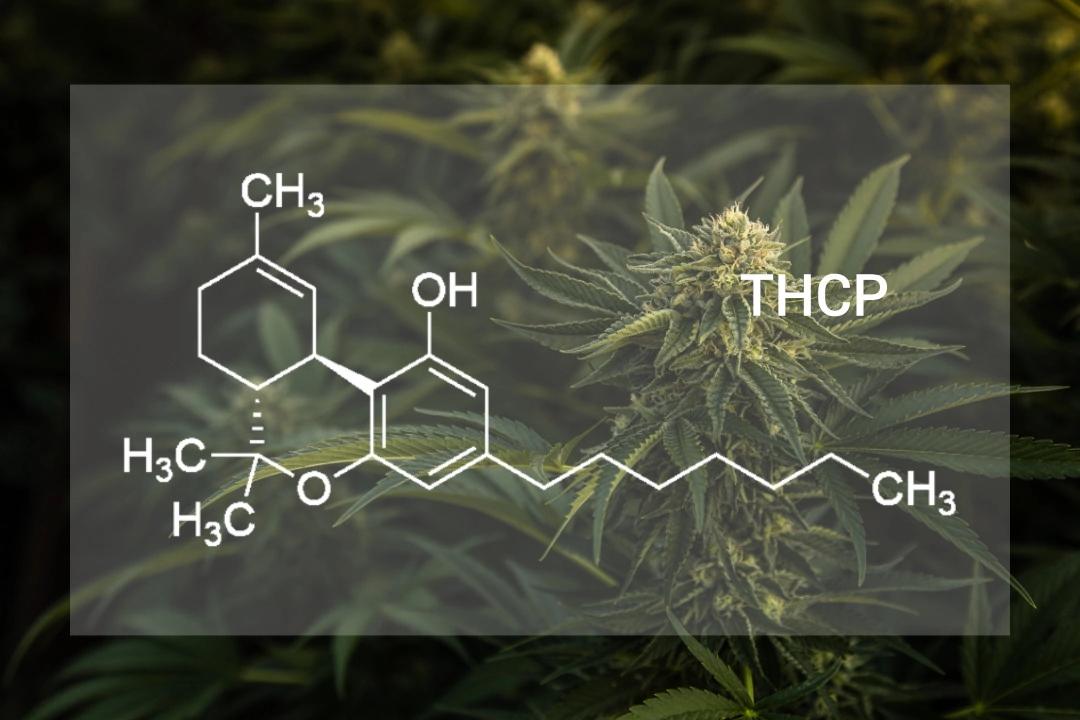
CBD and THC are the two main cannabinoids studied extensively over the past few years. While THC is the primary psychoactive compound in cannabis, CBD is known for its medicinal properties. However, there is a new cannabinoid that has been gaining attention lately, and that is THCP.
THCP is a very potent cannabinoid, and it is thought to be responsible for the majority of the therapeutic effects of cannabis. Here is the comparison of CBD and THCP:
What is CBD?
CBD and THCP are both cannabinoids found in the cannabis plant. They have similar chemical structures but differ in their effects on the body. It is known to have anti-inflammatory, anti-anxiety, and anti-seizure properties, while THCP is thought to be more psychoactive than CBD. THC is the primary psychoactive component of cannabis, and THCP is believed to be a more potent version of THC.
It is effective in reducing inflammation and anxiety in animal studies. It has also been shown to reduce seizures in human studies. However, the mechanisms by which CBD exerts these effects are not fully understood.
THCP has not been studied as extensively as CBD, but preliminary research suggests it may be more psychoactive than CBD. In one study, it binds more strongly to the CB1 receptor than THC. The CB1 receptor is responsible for the psychoactive effects of cannabis. That suggests that THCP could potentially produce more substantial psychoactive effects than THC.
According to Brown’s CBD, the potential therapeutic benefits of CBD and THCP warrant further research. However, it is essential to note that the FDA approves neither cannabinoids for medical use.
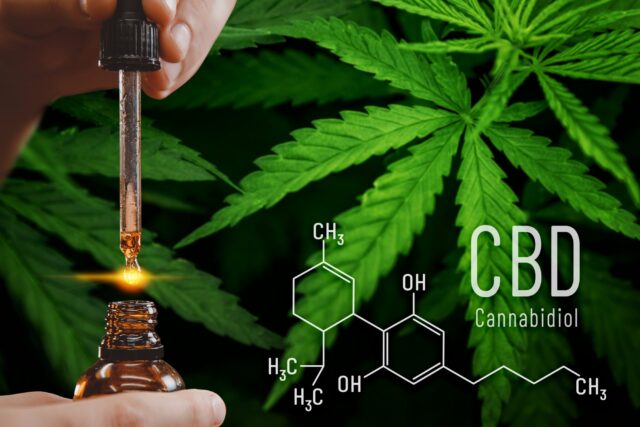
Benefits of using CBD
It has many potential health benefits, including reducing anxiety, relieving pain, and improving sleep. Unlike THC, it does not have psychoactive effects, so it is safe to use without the risk of becoming intoxicated. CBD may also help to reduce inflammation and improve heart health.
CBD and THC are both cannabinoids found in the Cannabis plant. CBD is non-psychoactive, meaning it does not produce the “high” associated with marijuana use. On the other hand, THC is the cannabinoid responsible for the psychoactive effects of cannabis.
So, what are the benefits of using CBD? CBD has been shown to relieve various conditions, including anxiety, pain, inflammation, and seizures. It has also been shown to improve heart health by reducing blood pressure and cholesterol levels. Additionally, CBD may help to protect the brain from damage caused by Alzheimer’s disease and stroke.
While more research is needed to confirm these potential health benefits, CBD is a safe and effective treatment option for many people. If you’re considering trying CBD, talk to your doctor first to ensure its right.
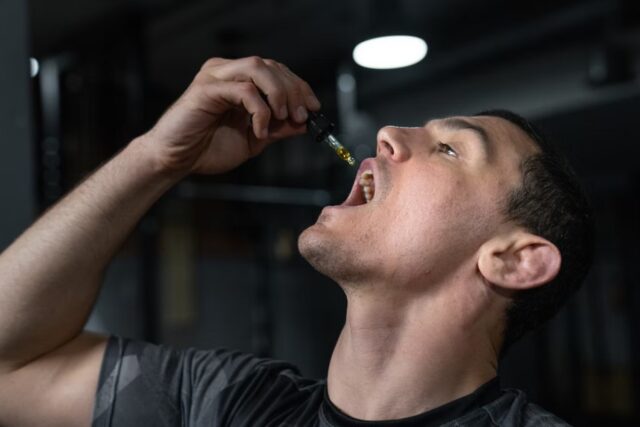
Drug test
CBD and THC are cannabinoids found in the cannabis plant but have very different effects. CBD is non-psychoactive, meaning it won’t make you high, while THC is the primary psychoactive component in marijuana.
While CBD has several potential health benefits, there is still a lack of scientific research to support these claims. That is why it’s essential to always start with a low dose and increase as needed.
It will not appear on most standard tests regarding drug testing as its not psychoactive. However, if you are taking a hefty dose of CBD or using its product that contains THC, then there is a chance it could trigger a positive result.
What is THCP?
THCP, or tetrahydrocannabivarin, is a cannabinoid found in cannabis that has been shown to have potent anti-inflammatory and analgesic effects. Unlike CBD, which is non-psychoactive, it is psychoactive and produces a “high” when consumed. However, the psychoactive effects of THCP are different from THC’s; users report feeling more clear-headed and relaxed, with none of the paranoia or anxiety often associated with THC.
It is a potent psychoactive compound found in cannabis. It is the main component of tetrahydrocannabinol acid (THCA), the precursor to THC. Unlike CBD, it elicits substantial psychoactive effects. Studies have shown that it is more potent than THC at binding to the CB1 receptor, which is responsible for most of cannabis’ psychoactive effects.
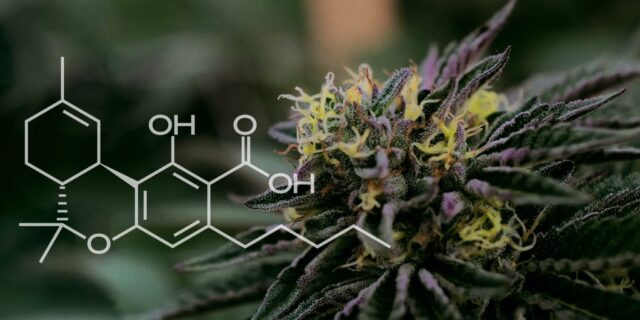
Benefits of using THCP
THCP is a potent cannabinoid that has shown promise in early studies for its ability to relieve pain, inflammation, and other symptoms. Here we will explore the potential benefits of using it.
One potential benefit of THCP is its ability to relieve pain. A study published in Frontiers in Pharmacology found that it could reduce pain in rats by interacting with the body’s endocannabinoid system. It suggests that THCP could be a promising new treatment for pain relief.
Another potential benefit of THCP is its anti-inflammatory properties. A study published in the journal PLoS One found that it could reduce inflammation in mice by inhibiting the production of pro-inflammatory cytokines. That suggests that THCP could be a valuable new tool for treating inflammatory conditions such as arthritis or Crohn’s disease.
Lastly, a preliminary study published in the journal Neurology found that THCP may help to protect neurons from damage and death. The study found that THCP could reduce cell death and promote nerve regeneration in rats with experimentally induced stroke. It suggests that THCP could be a potential treatment for neurodegenerative diseases such as Alzheimer’s or Parkinson’s.
While more research is needed to confirm the efficacy of THCP, these early studies suggest that this potent cannabinoid holds great promise for treating various conditions.
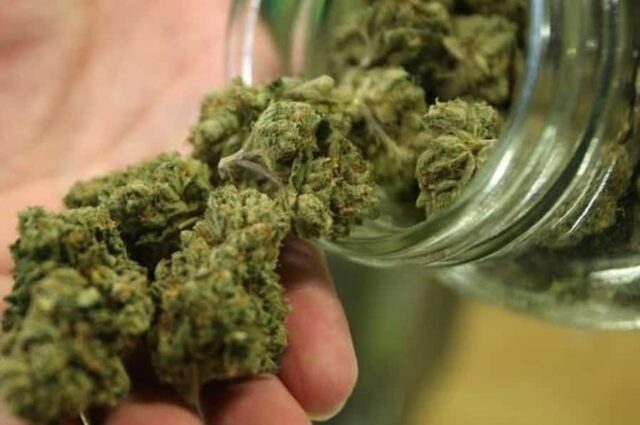
Drug test
Comparing CBD to THCP, it is clear that there are some significant differences between the two. For one, THCP is much more potent than CBD. It can produce more robust effects in the body, benefiting specific medical conditions. However, it also means that it is more likely to cause side effects than CBD. Another difference is that THCP is psychoactive, while CBD is not. That means that it can produce mind-altering effects, while CBD will not.
Finally, it is not currently approved by the FDA for any medical use, while CBD is approved for treating seizures associated with two rare and severe forms of epilepsy. So THCP can be detected more easily in drug tests than CBD. Follow this site for more information on this cannabinoid.







